Προέλευση του μπουζουκιού – The origin of bouzouki
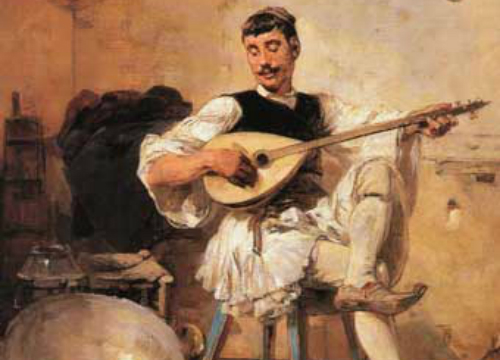
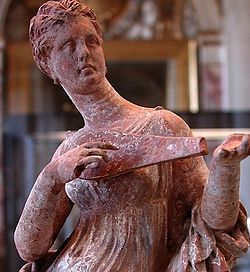
Πανδούρα,ένα αρχαίο Ελληνικό μουσικό όργανο
Το μπουζούκι ως μουσικό όργανο είναι ένα είδος μετεξέλιξης της αρχαιοελληνικής πανδούρας, συνεπώς η καταγωγή του είναι ελληνική. Στην αρχαία Ελλάδα υπήρχε το αντίστοιχο όργανο το οποίο ήταν γνωστό με τις ονομασίες ”Πανδουρίδιον” ή αλλιώς και ”τρίχορδο” καθώς είχε τρεις χορδές. Έντονη απόδειξη της πηγής αυτής είναι τα μάρμαρα της εποχής, με γνωστότερο αυτό της Μαντίνειας (4ος αιώνας π.Χ.), που σήμερα εκτίθεται στο Εθνικό Αρχαιολογικό Μουσείο της Αθήνας, κι απεικονίζει το μυθικό αγώνα, μεταξύ Απόλλωνος και Μαρσύα, όπου η αρχαιοελληνική πανδούρα παίζεται από μια μούσα καθισμένη πάνω σε έναν βράχο. Το όργανο αυτό πέρασε από τους αρχαίους Έλληνες στους Βυζαντινούς και επέζησε κατά τη διάρκεια της τουρκοκρατίας. Στις αρχές του 20ου αιώνα αμφισβητήθηκε και στη συνέχεια γνώρισε την άνθηση και την καταξίωση ως δημοφιλές λαικό όργανο.
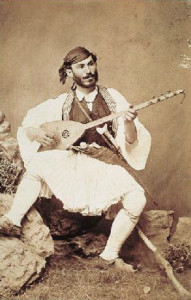
Ταμπουράς
Όσων αφορά την ετυμολογία της λέξης ”μπουζούκι” η επικρατέστερη άποψη είναι ότι προέρχεται από το επίθετο της τουρκικής γλώσσας ”bozuk” που σημαίνει ”χαλασμένος”. Επίσης υπάρχει μία άποψη ότι προέρχεται από τη φράση ”bozuk duzen” που σημαίνει χαλασμένο κούρδισμα. Επίσης είναι πιθανόν η λέξη να προέρχεται από την περσική φράση ”tambur-e bozorg” που σημαίνει ”μεγάλος ταμπουράς”. Ο όρος ”bozuk duzen” χρησιμοποιήθηκε αρχικά για να περιγράψει το πρωτόγονο και εκτός τόνου παίξιμο των αγροτικών λαουτοειδών της Ανατολικής Ανατολίας. Στην πορεία πιστεύεται πως από τον όρο αυτό αποσπάστηκε το ”bozuk” για να υποδηλώσει το όργανο το οποίο ήταν ανεπαρκές για να παίξει τους διαφορετικούς ήχους/τρόπους της Ανατολής λόγο του κορδίσματός του ή ότι έπρεπε να αλλαχτεί το κούρδισμα (ντουζένι) για να επιτευχθεί αυτό.
Εν κατακλείδι από τα άνωθι συμπεραίνουμε πως το μπουζούκι ως μουσικό όργανο προέρχεται από την αρχαία Ελλάδα ενώ η ονομασία του έχει τούρκικη προέλευση.
The origin of bouzouki
The bouzouki, as a musical instrument, is a derivative of the ancient Greek pandoura. Consequently, the origin is greek. In ancient Greece, its equivalent instrument was known as ” Pandouridion” or else ”threechord” as it had three chords. A keen proof of this source are the statues of that time; the most well known was that of Madineia (4th century BC). It is displayed today at the National Archaeological Museum of Athens and shows the mythical battle between Apollo and Marsua, where the ancient Greek pandoura is played by a muse sitting on a rock. That instrument passed from the ancient Greeks to Byzantines and survived during the Turkish occupation. It was not until the beginning of the 20th century that it became recognized as a popular folk instrument.

Tabouras
As far as the etymology of the word ”bouzouki” is concerned, the most prevailing view is that it comes from the adjective ”buzuk” of the Turkish language and it means ”broken”. Furthermore, there is an opinion that it comes from the phrase ”buzuk duzen”, which means ”broken tuning”. It is also possible that the word comes from the Persian phrase ”tambur-e bozorg”, which means ”big tabouras”. The term ”bozuk duzen” was initially used to describe the primitive and out of tone playing of the agricultural kind of lutes of Eastern Anatolia. After that, it was believed that this term was extracted from ”bozuk” in order to suggest that the instrument was insufficient to play different sounds/ ways of the East due to its tuning, or that its tuning (douzeni) had to be changed in order to be achieved.
Finally, it can be understood that the bouzouki comes from Ancient Greece, while its name has a turkish origin.
Tags bouzoukibozukduzenipandouratabourastampourasΑρχαία Ελλάδαντουζένιπανδούραταμπουράς
-
 Previous Τραγούδια με συνδυασμό δρόμων – Songs with a combination of modes
Previous Τραγούδια με συνδυασμό δρόμων – Songs with a combination of modes -
 Next Ιστορικά ταξίμια – Historical Taximia
Next Ιστορικά ταξίμια – Historical Taximia


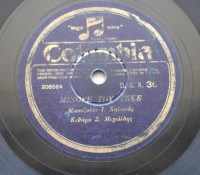
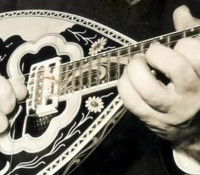

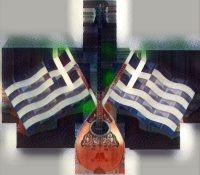
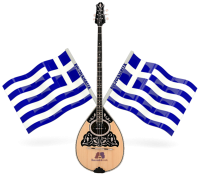
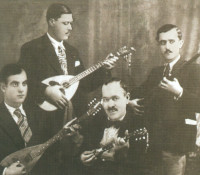
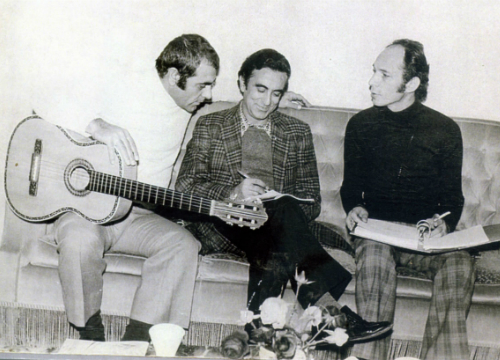





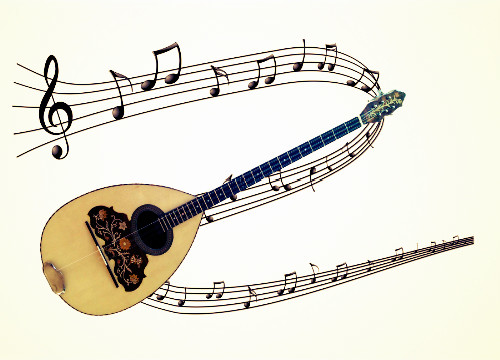
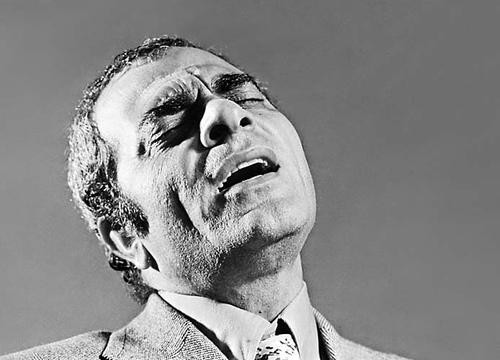
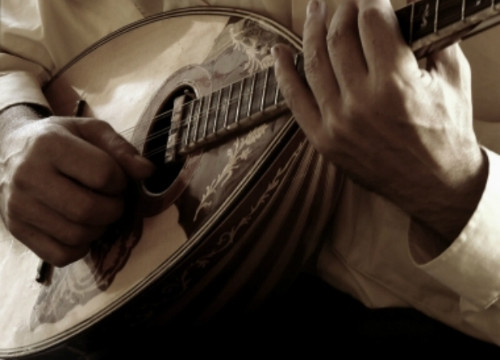
















0 thoughts on “Προέλευση του μπουζουκιού – The origin of bouzouki”